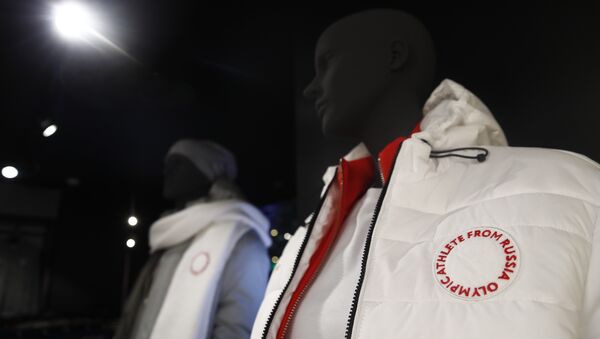The Court of Arbitration for Sport earlier in the day dismissed the appeals of 45 Russian athletes and two coaches against the decision of the International Olympic Committee (IOC) refusing to invite them to participate in the Olympic Games, saying they had failed to demonstrate that the IOC had discriminated against them. Schellenberg Wittmer represented the Russian athletes.
"As a matter of fact, the IOC’s decisions not to invite our clients are disguised sanctions," the firm said.
"Our clients are naturally very disappointed by the CAS Ad Hoc Divison’s decisions… The Panel accepted that even though the IOC admission process for Russian athletes "may not have been perfect", the deficiencies in the process were insufficient in the circumstances to render the invitation process arbitrary, unfair or unreasonable, even if the only allegations raised against some of our clients were the very same as those based on which they were entirely cleared by another CAS Panel just last week," the statement read.
READ MORE: Son of Soviet Olympic Champion Hopes for Settlement of Russian Olympic Ban Case
The controversy over the alleged doping use by Russian athletes began in 2015 when the World Anti-Doping Agency (WADA) accused Russia of numerous violations. Next year, head of the WADA investigative team Richard McLaren released a two-part report that said that a state-supported doping system existed in Russia.Moscow has strongly refuted the allegations, however, admitted that there have been issues with regard to doping, which the government has been working to solve.




